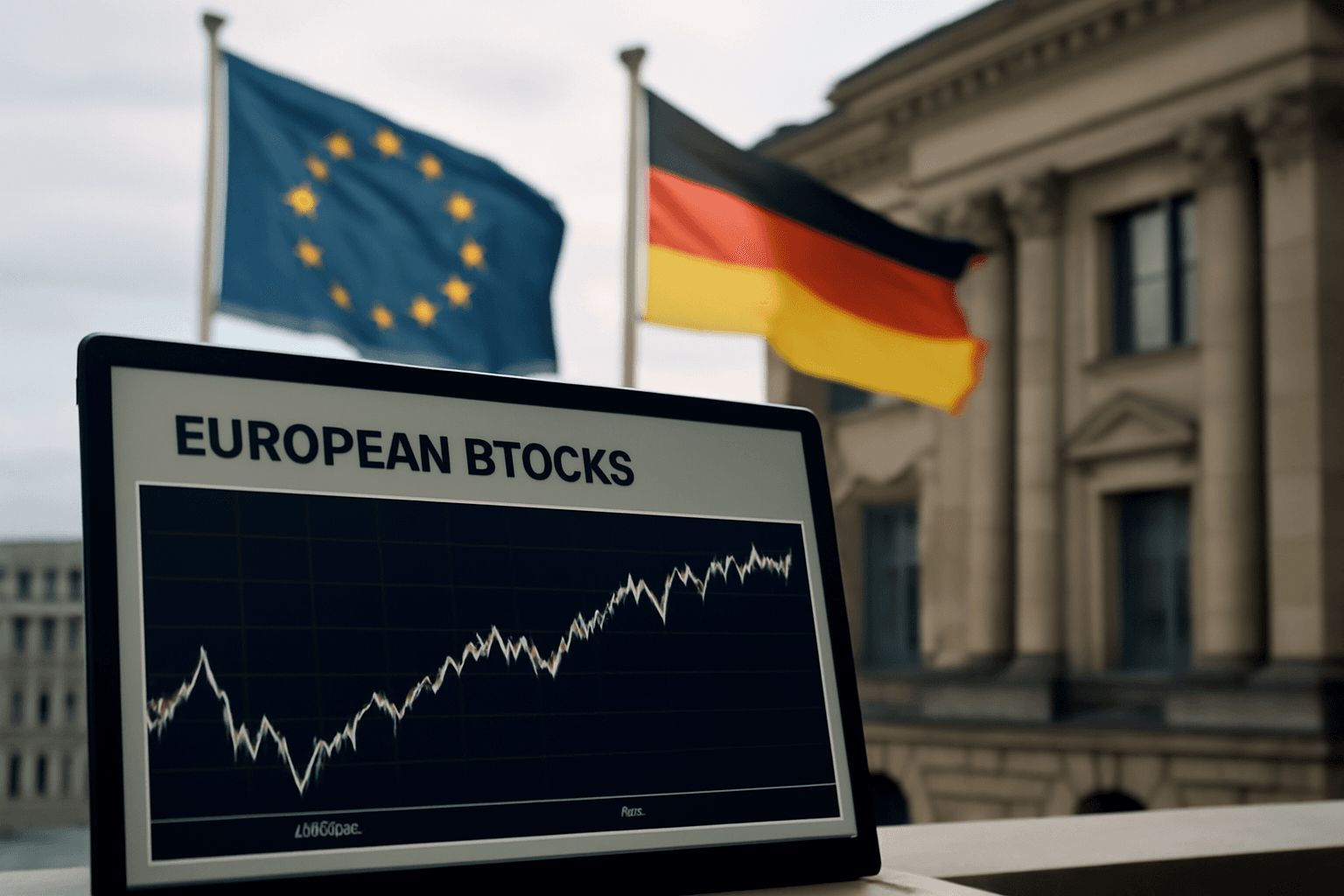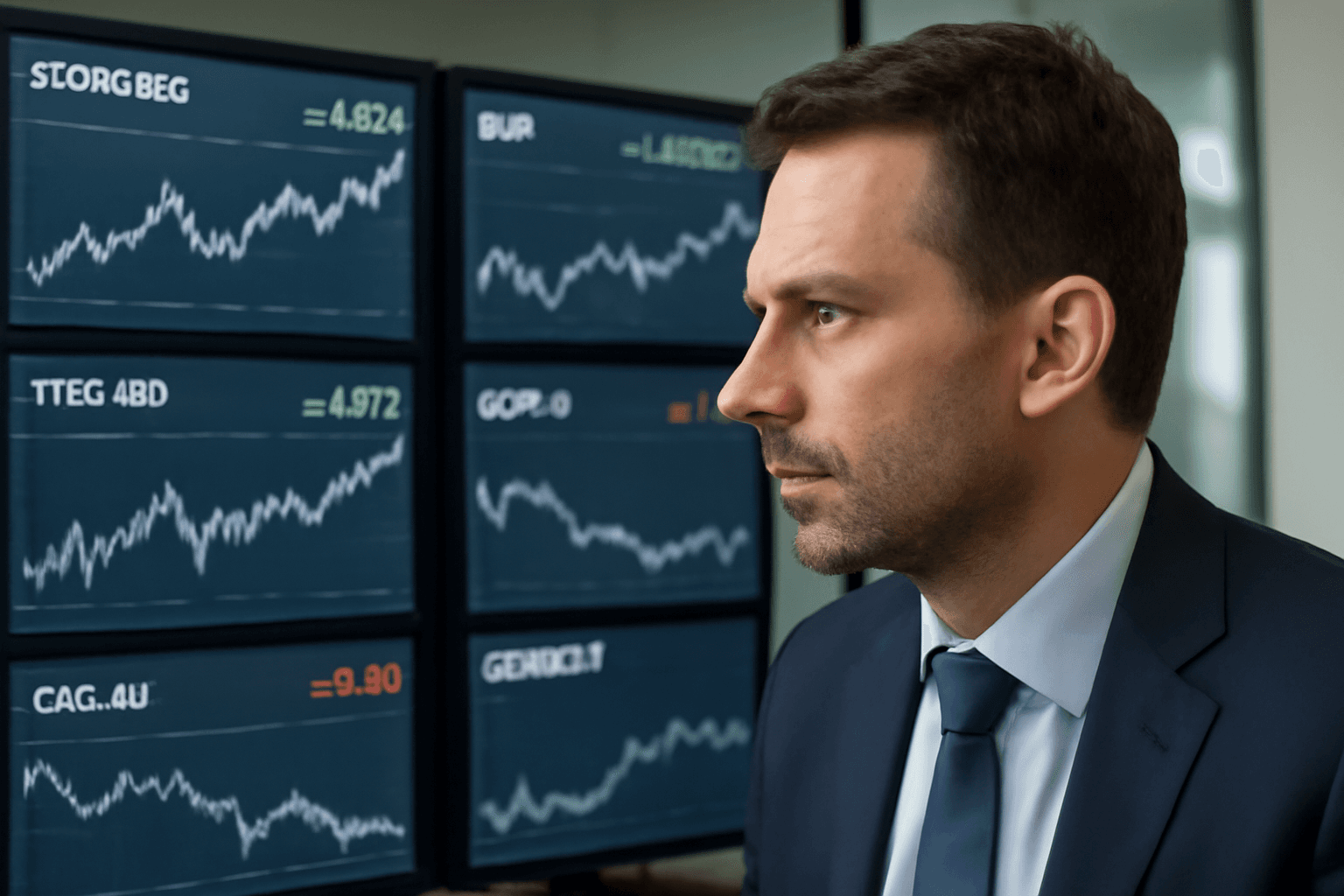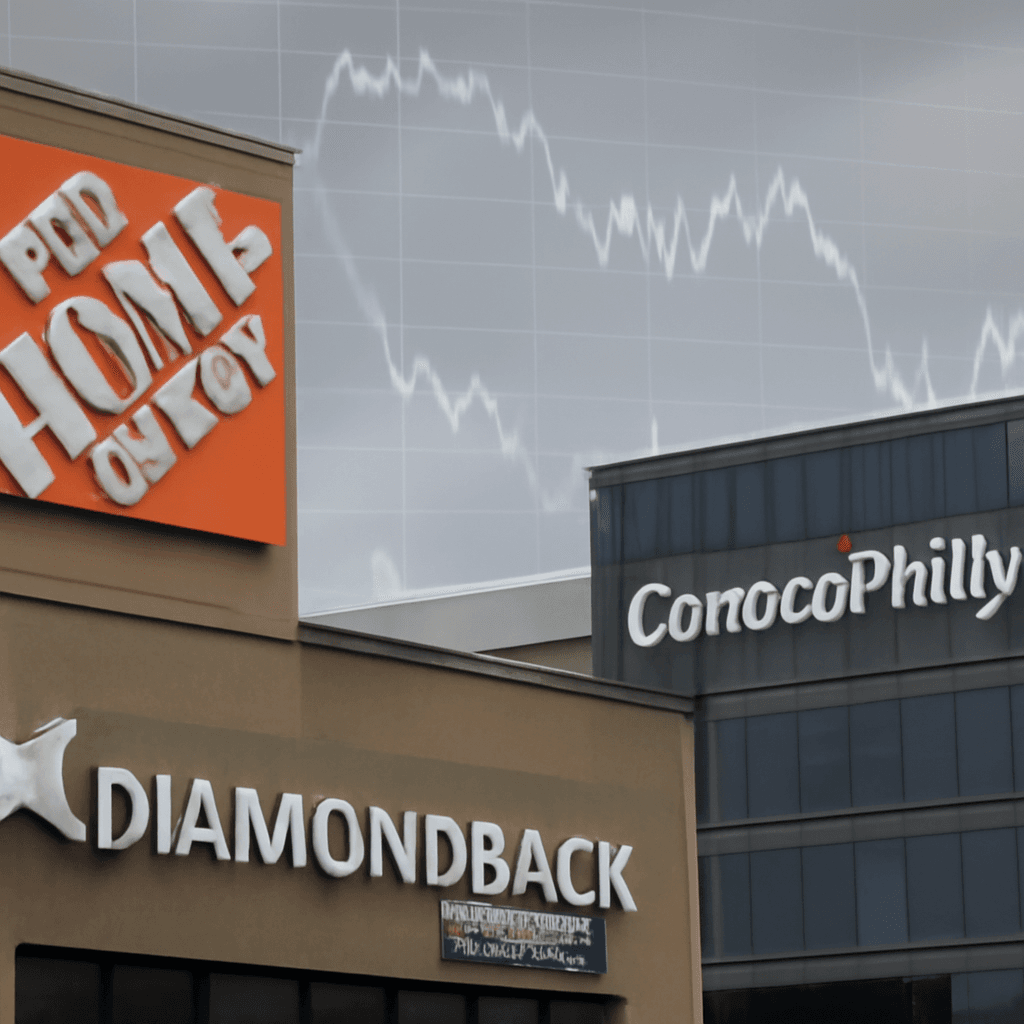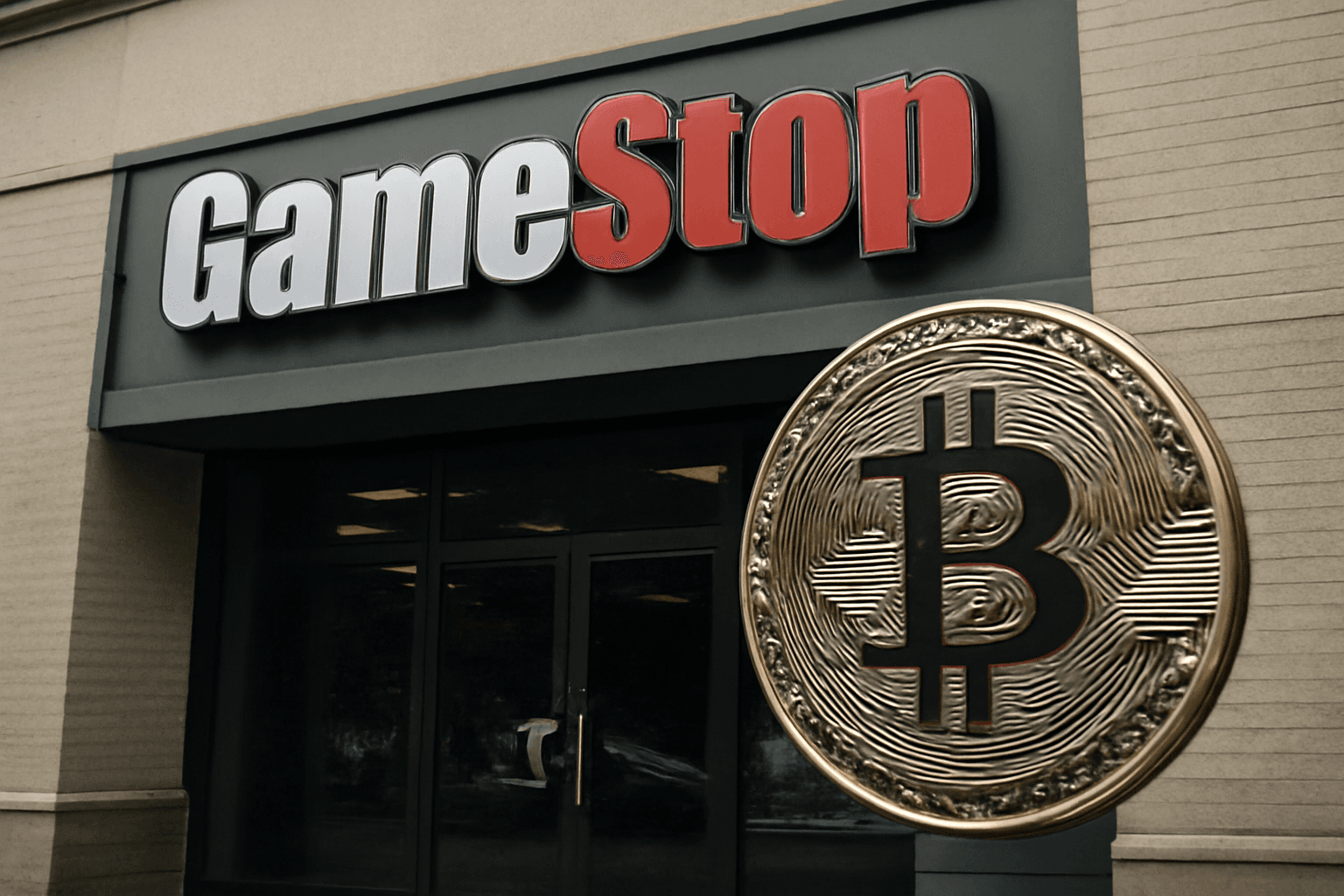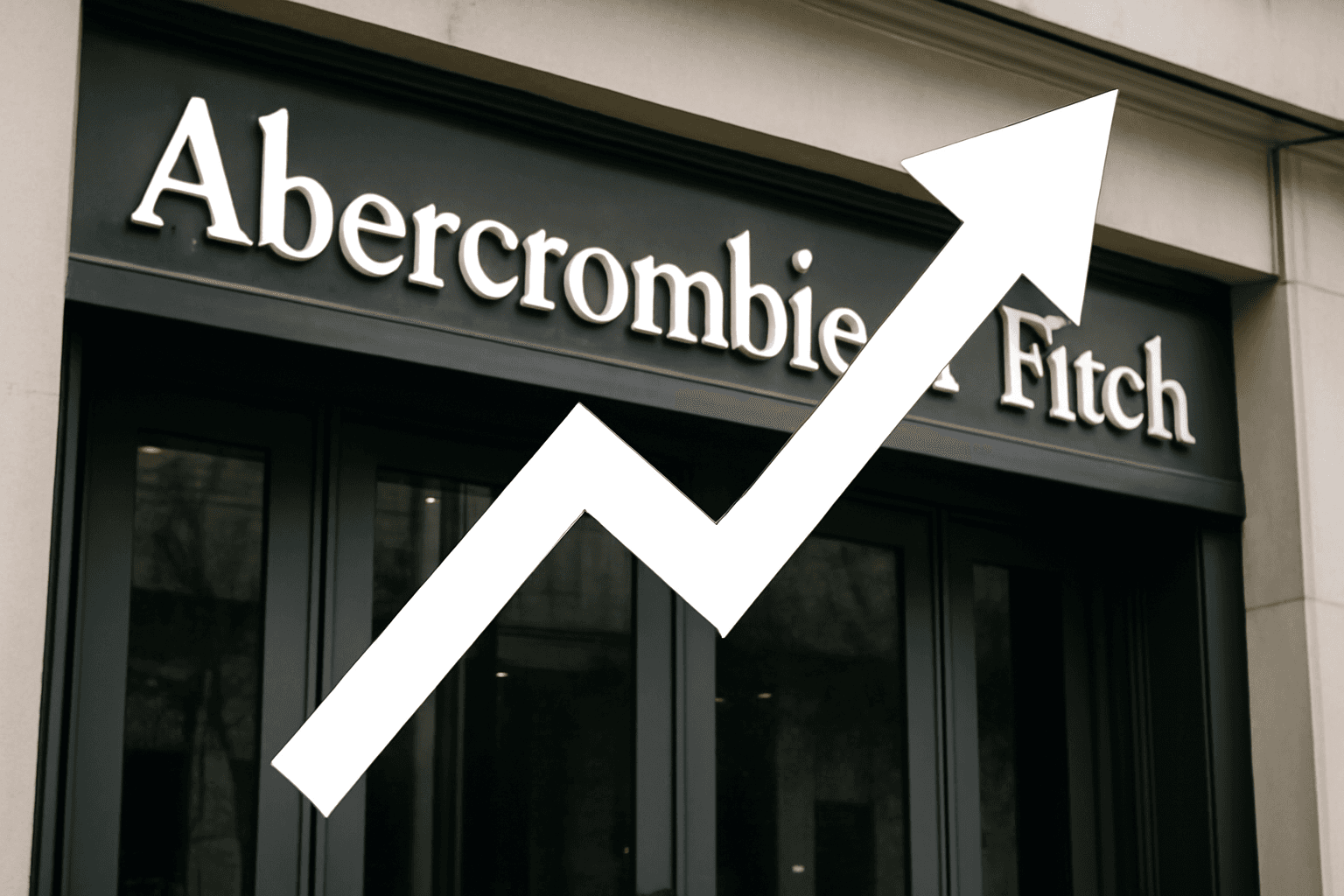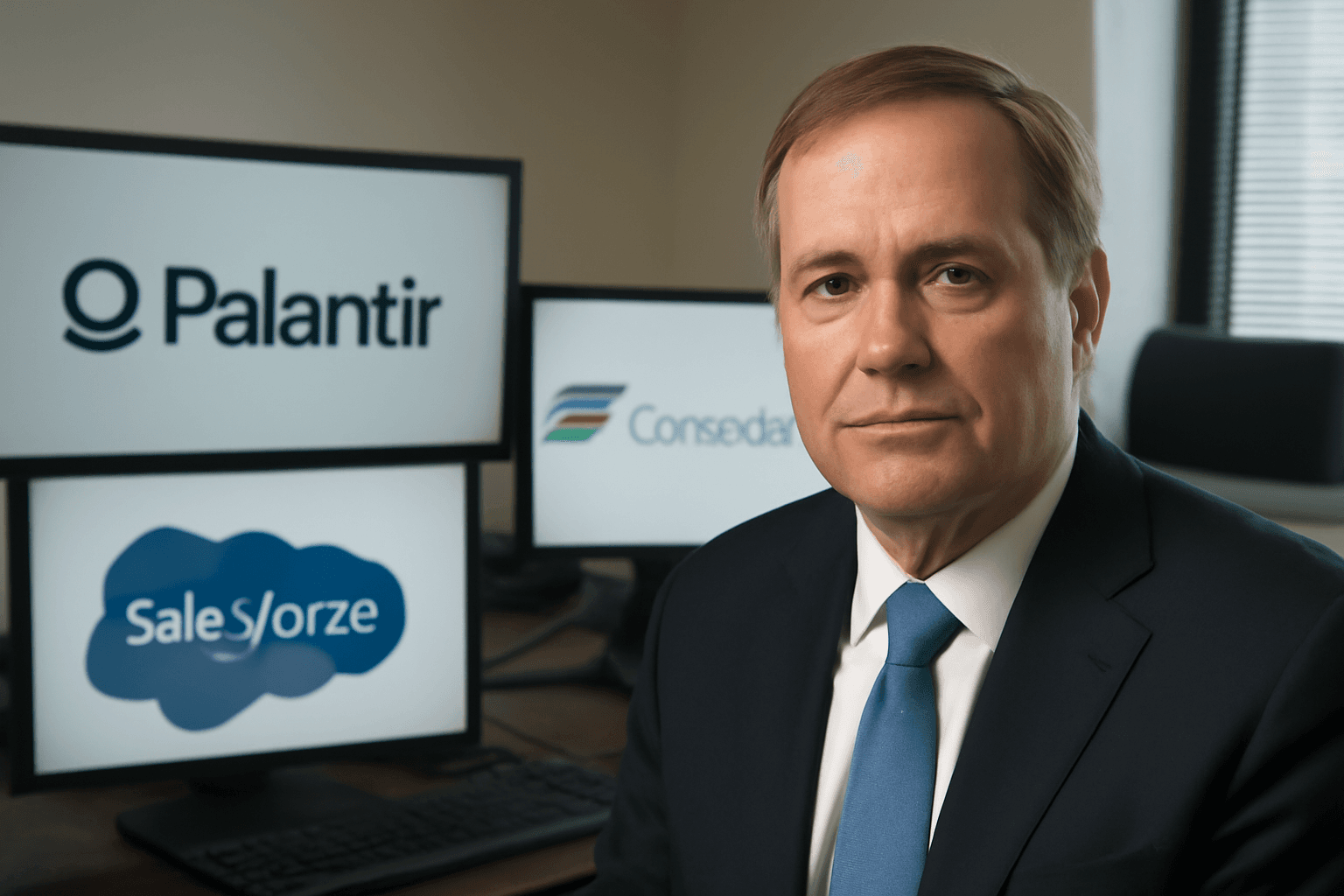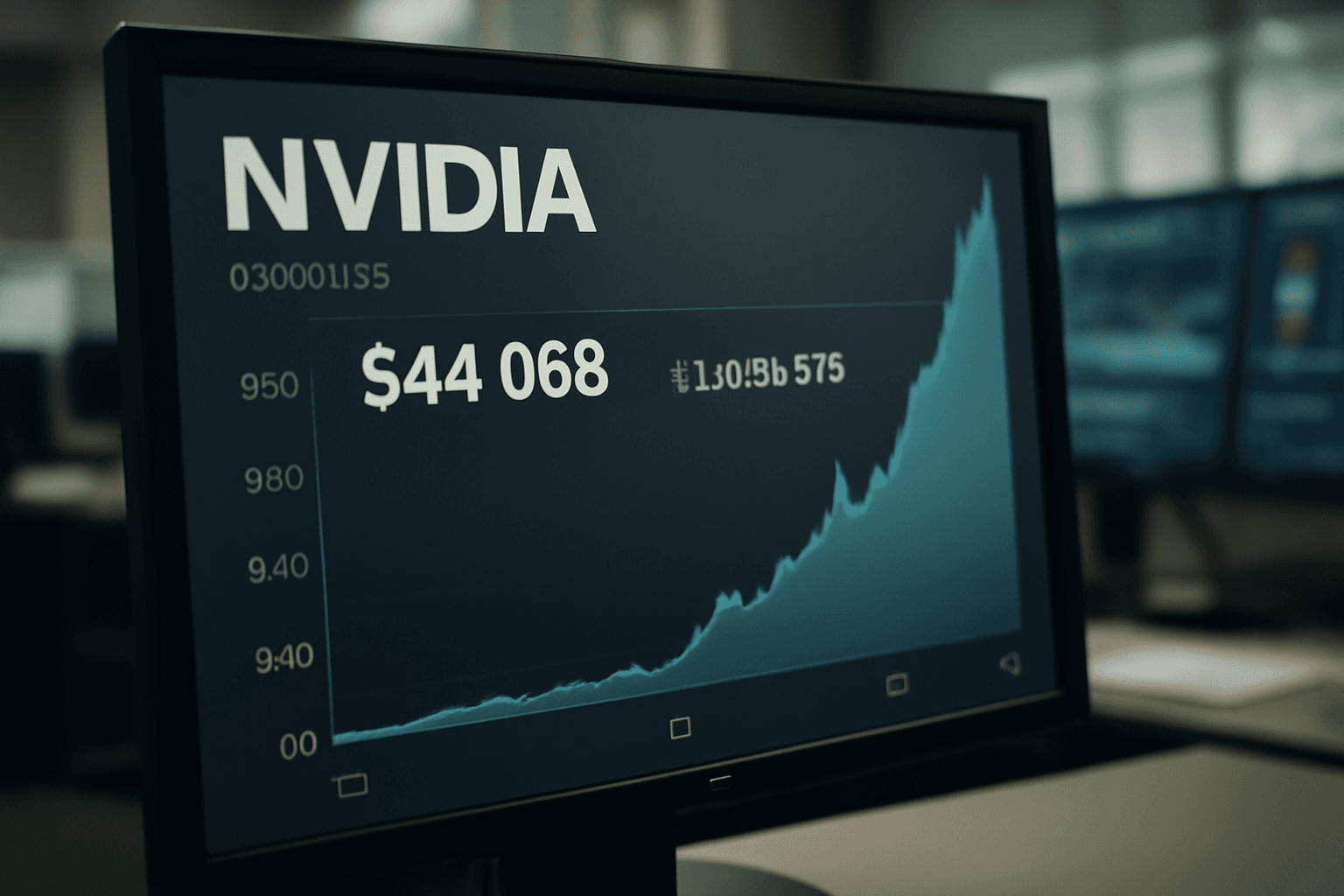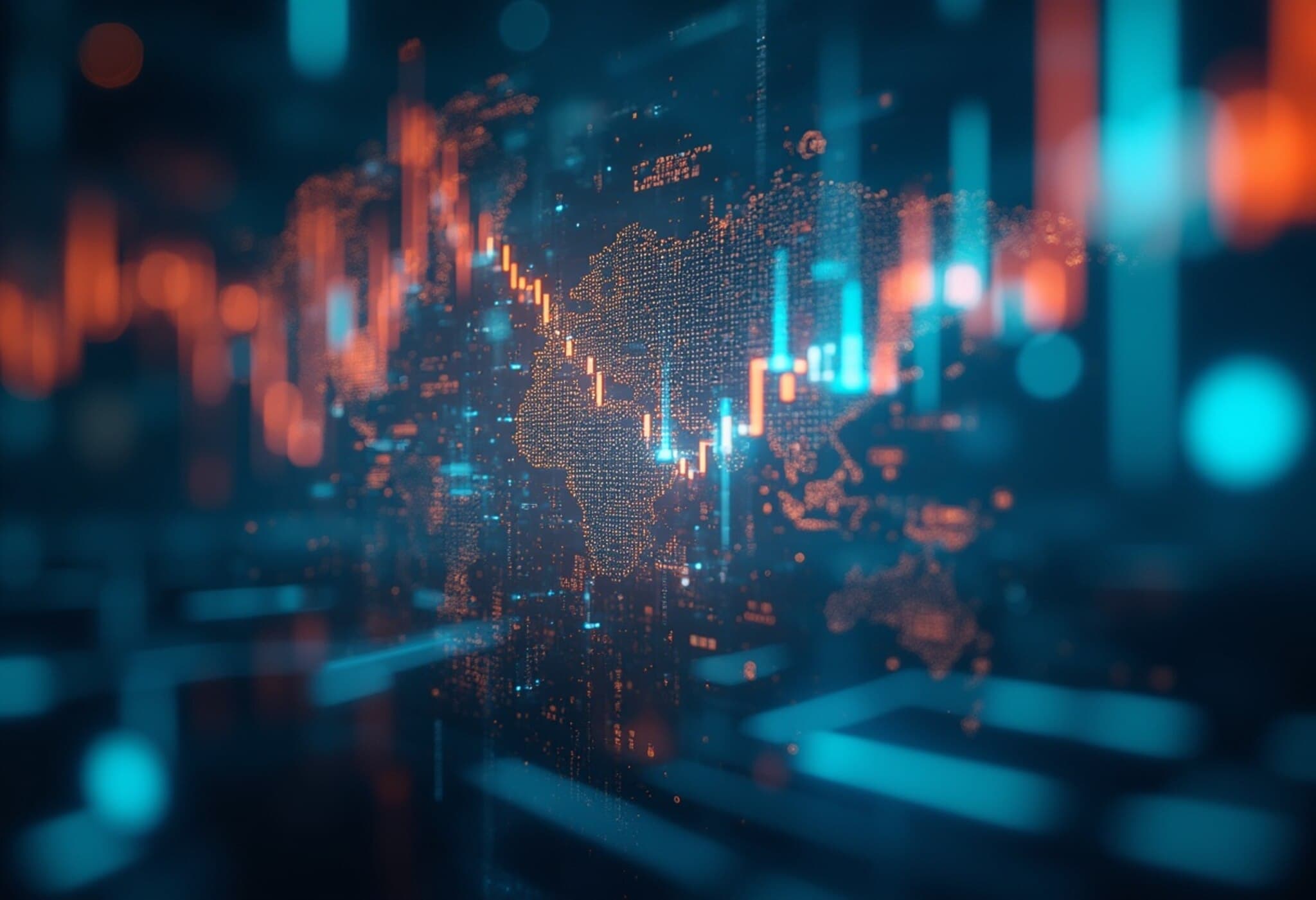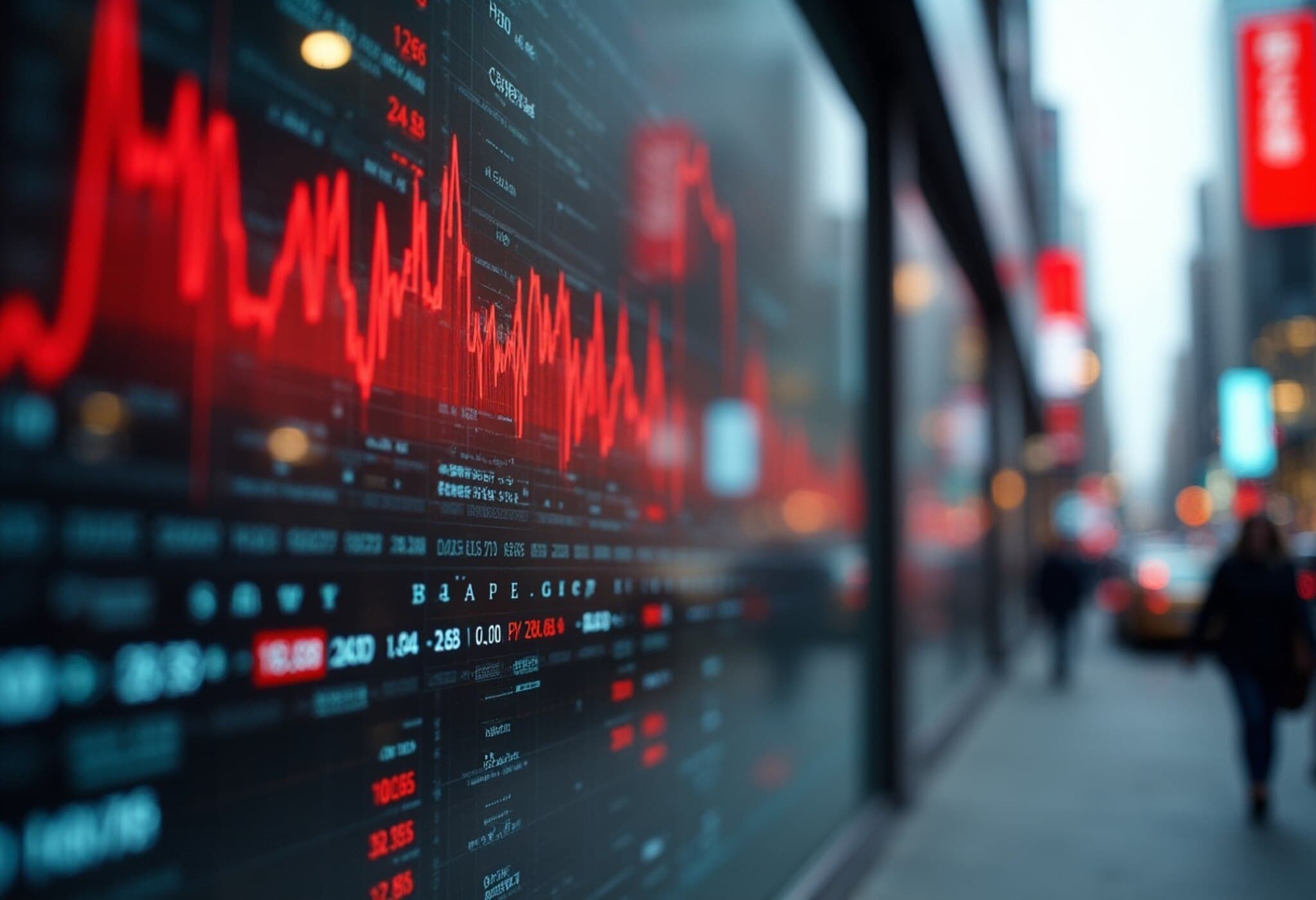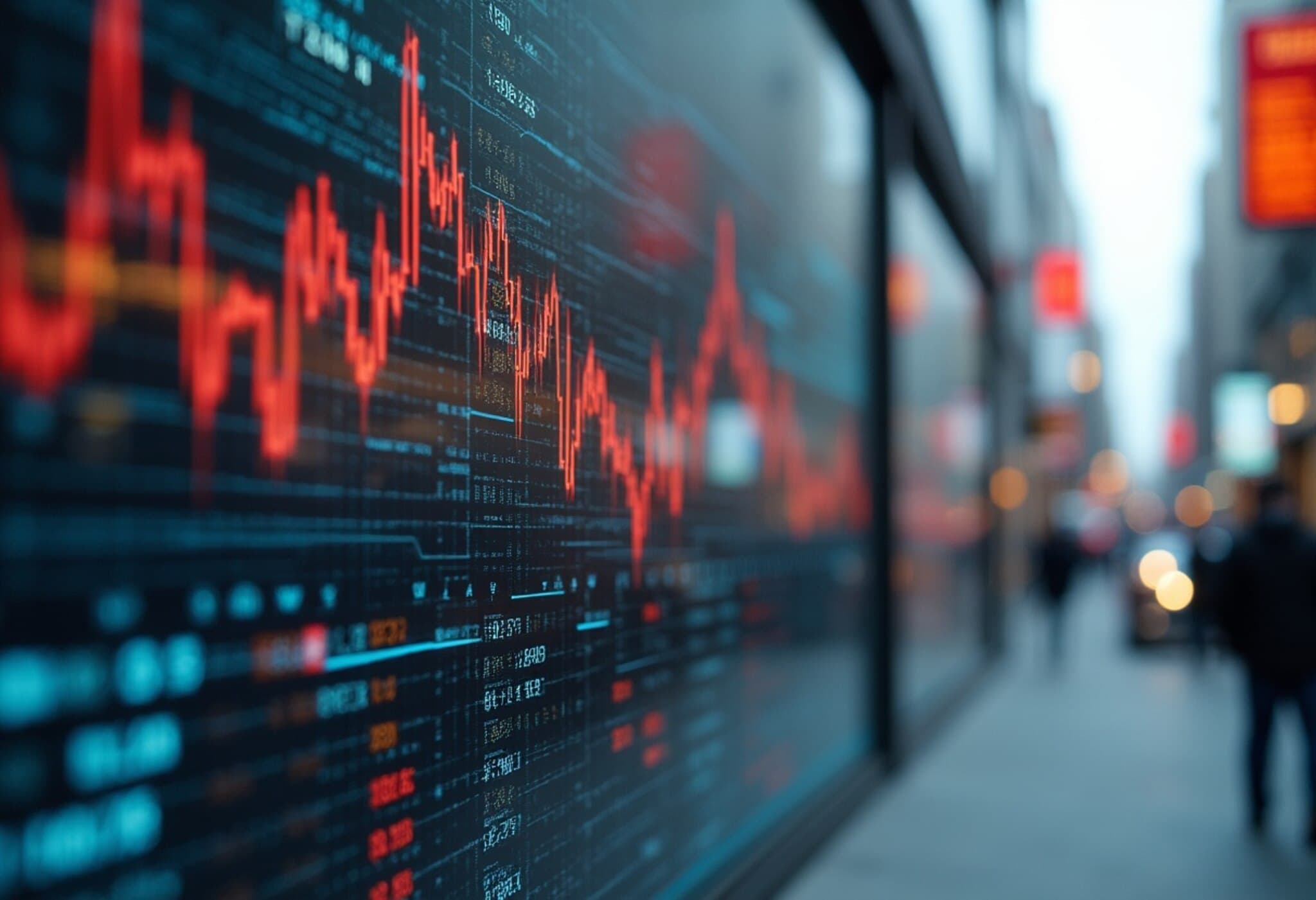The first five months of 2025 have brought unexpected challenges to European financial markets, driven primarily by an aggressive and volatile U.S. tariff policy that has unsettled investors. Meanwhile, the European Union is attempting to counter a looming 50% base rate, adding complexity to an already unpredictable economic landscape.
Inflation rates across Europe have declined, interest rates are tapering in both the Eurozone and the U.K., and energy prices have moderated significantly from the highs seen in recent years. Despite these improvements, the uncertainty generated by tariff tensions and the protracted Russia-Ukraine conflict continue to weigh on market sentiment. Hopes for a ceasefire mediated by U.S. President Donald Trump remain fragile.
Investors are closely monitoring the increased defense spending commitments from European governments, especially Germany, which has recently relaxed its fiscal constraints. This shift has propelled the Stoxx Europe Aerospace and Defense Index to nearly a 50% gain year-to-date.
European equities have outperformed U.S. stocks this year, with the Stoxx 600 index rising approximately 8.5% compared to about 1% growth for the S&P 500. As summer approaches, marking a typically quieter period for regional trading, attention turns to sector-specific opportunities.
JPMorgan's Sector Recommendations
In a recent client note, JPMorgan’s equity strategists highlighted sectors they expect to outperform over the next 12 to 18 months, noting that non-U.S. markets may increasingly gain favor versus their American counterparts.
Defense remains a top pick. European countries are anticipated to increase defense spending from an average of 2% to as much as 3.5% of GDP throughout the decade. The emphasis is on supporting European companies, which are capturing a growing share of defense contracts. Although some U.S. firms may also benefit, JPMorgan sees European defense stocks as strong performers despite their recent elevated valuations, confident that earnings growth will justify prices.
The aerospace and defense sector offers a hedge against escalating geopolitical risks and stands to gain from rising budgets. Noteworthy companies include Rheinmetall and Babcock International, along with IT and materials firms such as SAP, Dassault Systèmes, Infineon, Thyssenkrupp, Umicore, and Elementis.
Additionally, JPMorgan anticipates a surge in regional infrastructure spending, especially in Germany, which should boost stocks in construction, materials, and industrial sectors. Key companies in this area include Air Liquide, Alstom, Heidelberg Materials, and Saint-Gobain. These firms focus on rail, construction equipment, manufacturing, transportation, and contracting operations.
The chemicals sector is also positioned to benefit from lower energy costs, despite ongoing economic uncertainties. It is among the few cyclical sectors exposed to emerging markets that are beginning to show improved performance, in contrast to autos and luxury goods. Evonik Industries and Akzo Nobel are identified as important names to watch.
However, JPMorgan analysts caution that equities face competition from the bond market, especially if yields rise for unexpected reasons amid ongoing trade uncertainties and tariff escalations. They warn that bond yields may increase further, potentially impacting equity valuations.

